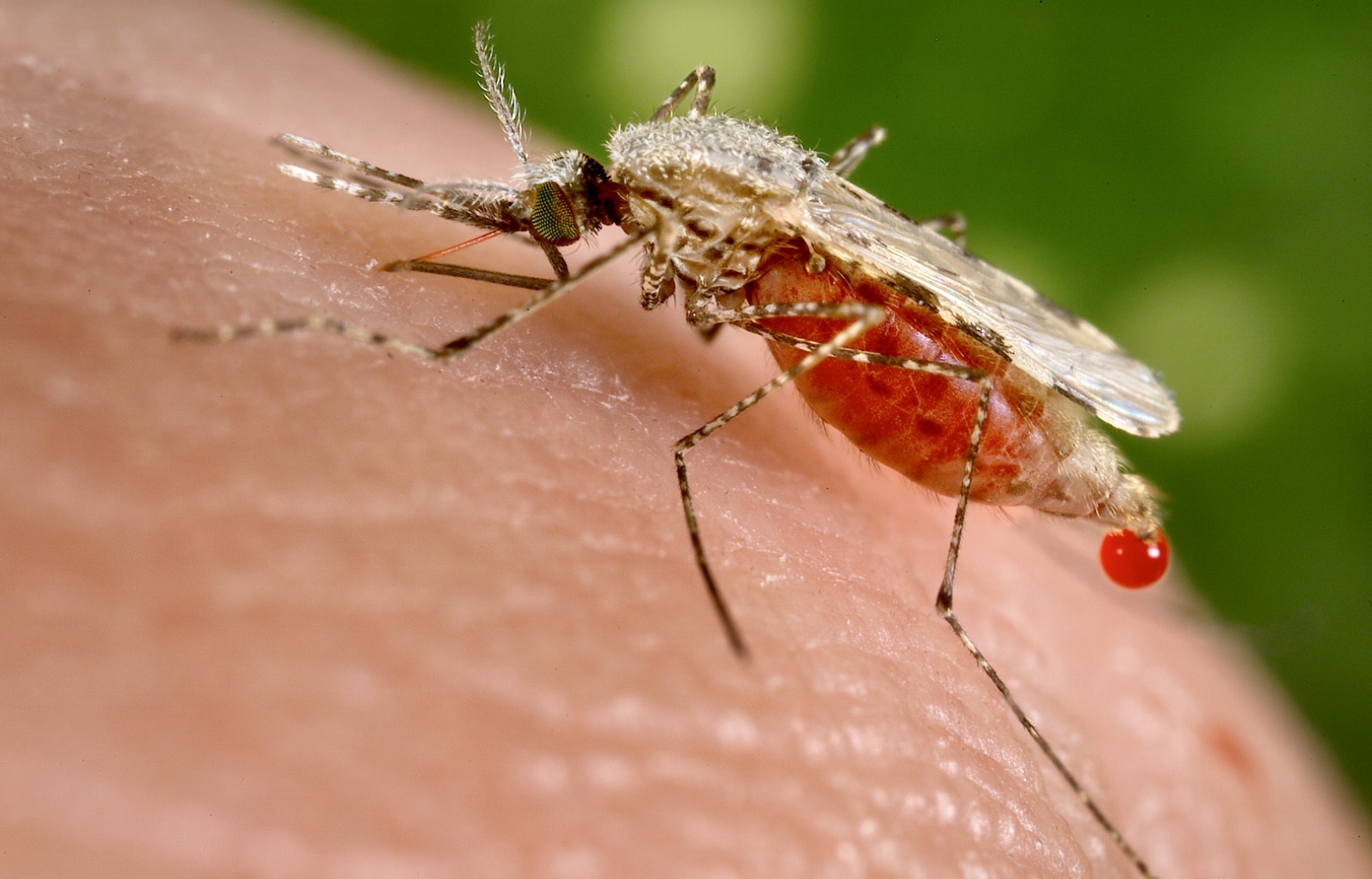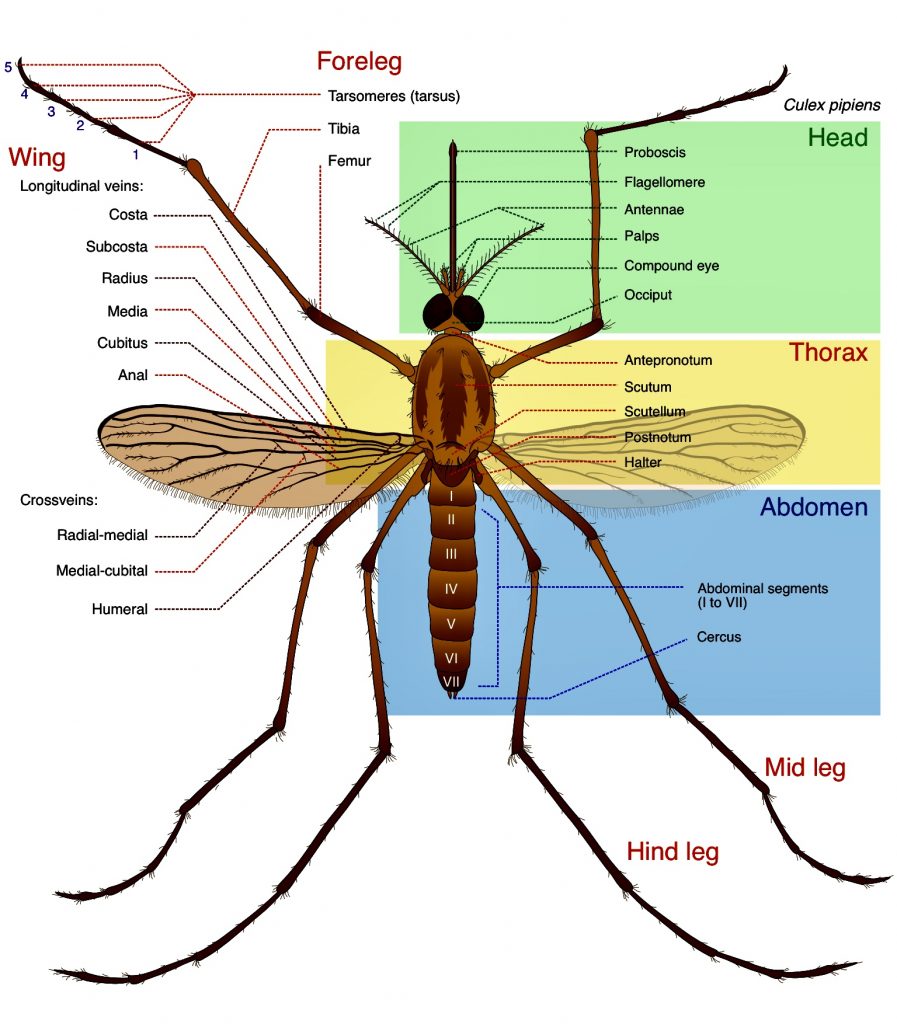
One night last week, I didn’t have a good sleep. I went to bed early at around 8:30 pm since I had to wake up early since I had a meeting the following day. It was about 9 pm that I was awake in my deep sleep. I was bitten by those blood-sucking creatures.
I wanted to go back to sleep but I couldn’t. There was that urge to scratch those bitten areas. The more I scratched, the more they became more painful. Now, the pain robbed the sleep out of me.
The put some alcohol in those bitten areas. It soothed somehow but the itchy feeling was still there. I decided to transfer to another room. There, I managed to find peace but only to be awakened again by evil, treacherous, cunny, and deadly creatures.
Once and for all, I decided to use the electric fan to shoo them away. By now, it was already 2 in the morning. I only had a “good” two hours of sleep because at 4 am, I had to get up, take a bath, and be ready to go to the event of the day.

Ah, mosquitoes. While the dinosaurs had become extinct, these blood-sucking creatures are still here with us. Much as we want to exterminate them, they keep on coming back. They are sort of the modern-day version of vampires.
Mosquitoes, as I said earlier, are deadly. In fact, they are deadlier than those serial killers. They can kill a person or do mass execution all at once. A mosquito – which is formed from two words, “mosca” and diminutive “-ito,” is Spanish for “little fly” – deserves to be called as “public enemy number one.”
Every year, mosquitoes kill 725,000 people, according to the Geneva-based World Health Organization (WHO). Beating their wings 300 to 500 times a second produces that distinctive whine that novelist D.H. Lawrence penned as a “small, high, hateful bugle” in his ear.
Mosquitoes have been around since time immemorial. The oldest known mosquito with an anatomy similar to modern species was found in 79-million-year-old Canadian amber from the Cretaceous. An older sister species with more primitive features was found in Burmese amber that is 90 to 100 million years old.
“Few animals on Earth evoke the antipathy that mosquitoes do,” wrote the National Geographic. “Their itchy, irritating bites and nearly ubiquitous presence can ruin a backyard barbecue or a hike in the woods. They have an uncanny ability to sense our murderous intentions, taking flight and disappearing milliseconds before a fatal swat. And in our bedrooms, the persistent, whiny hum of their buzzing wings can wake the soundest of sleepers.”
There are over 2,500 different species of mosquitoes throughout the world, all of which live in specific habitats, exhibit unique behaviors and bite different types of animals. Though the average mosquito lifespan is only about three weeks, some varieties have been known to live as long as two months in laboratory conditions.
“Some mosquitoes have adapted perfectly to urban environments,” says Assistant Professor Richard Russell, head of the medical entomology department at the University of Sydney. “We unwittingly provide abundant standing water, from the tin cans and saucers to clogged gutters, septic tanks and drainage ditches.”
Mosquitoes track people down by sensing their body odors and temperature, and the carbon dioxide human beings exhale. “Only female mosquitoes have the mouth parts necessary for sucking blood,” notes National Geographic. “When biting with their proboscis, they stab two tubes into the skin: one to inject an enzyme that inhibits blood clotting; the other to suck blood into their bodies. They use the blood not for their own nourishment but as a source of protein for their eggs.”
After a female-sucking mosquito has bitten, some saliva remains in the wound. The proteins from the saliva (called anticoagulants) evoke an immune response from man’s body. The area swells (the bump around the bite area is called a wheal), and people itch, a response provoked by the saliva. Eventually, the swelling goes away, but the itch remains until man’s immune cells break down the saliva proteins.
To treat mosquito bites, health experts advise that you should wash them with mild soap and water. Try to avoid scratching the bite area, even though it itches. Some anti-itch medicines or over-the-counter cortisone creams may relieve the itching. Typically, you do not need to seek medical attention (unless you feel dizzy or nauseated, which may indicate a severe allergic reaction to the bite).
But then again, mosquitoes are deadly – as they transmit certain serious diseases such as malaria, dengue fever, yellow fever, Zika virus, and Japanese encephalitis, to name a few.
Malaria is caused by a parasite that grows in your bloodstream and can produce symptoms that develop anywhere from six to eight days to several months after infection. Around 500 B.C. in India, Brahmin priest Susruta deduced that mosquitoes are responsible for the spread of malaria. It wasn’t until in 1902 that British army surgeon Dr. Ronald Ross got the Nobel Prize for establishing the link between mosquito bites and malaria.
Dengue is a mosquito-borne viral infection and is caused by one of four dengue viruses that produce a range of illnesses, from viral flu to hemorrhagic fever. “The increase in dengue cases in recent years is the result of the expanding geographical distribution of the mosquitoes which carry the virus,” the WHO reports. “At the same time, the rapid rise in urban populations has increased the number of people exposed to the virus.”
In January 2016, popular Thai television actor Thrisadee “Por” Sahawong died from complications related to dengue fever after spending more than two months in a coma.
Yellow fever, a disease that once plagued Europe and North America, has the potential to spread beyond its present range – into Asia, for example – wherever the mosquito vector exists. Japanese encephalitis is a mosquito-borne viral disease with a high fatality rate. There are over 50,000 reported cases of the disease every year and approximately 4,000 deaths.
Besides malaria, dengue and Japanese encephalitis, mosquitoes have been in the news for carrying a whole host of new and deadly blood-borne diseases. Until 1999, West Nile virus – originating from the Nile River valley – had not previously been documented in the Western Hemisphere. The virus causes encephalitis, an inflammation of the brain, and can be transmitted by mosquitoes.
Mosquitoes are not only deadly, but they’re powerful, too. They have been manipulating the course of human history since its very beginning. Around 323 B.C., Alexander the Great was felled by a mosquito, dying from malaria at the age of 33. His dream of a united Greek empire collapsed within a few years, and widespread malarial infection contributed to the decline of Greek civilization.
Bitten by a mosquito, Oliver Cromwell died of malaria in 1658, paving the way for the return of the British monarchy. In 1658 in Barbados, yellow-fever carrying mosquitoes halted a British expedition en route to attack the French in Canada. In 1905, mosquitoes almost succeeded in halting construction of the Panama Canal, as panicked workers fled a yellow fever epidemic.
This happened in New Orleans in 1802. Napoleon Bonaparte sent troops to reinforce France’s claim to Louisiana and put down a slave rebellion in Haiti. Of 33,000 soldiers, 29,000 were killed by mosquito-borne yellow fever. Louisiana became part of the United States while Haiti became independent.
For nearly 10 years, from 1965 to 1975, mosquitoes infected as many as 53 American soldiers per thousand with malaria each day. – ###
(Photos courtesy of Wikipedia)






